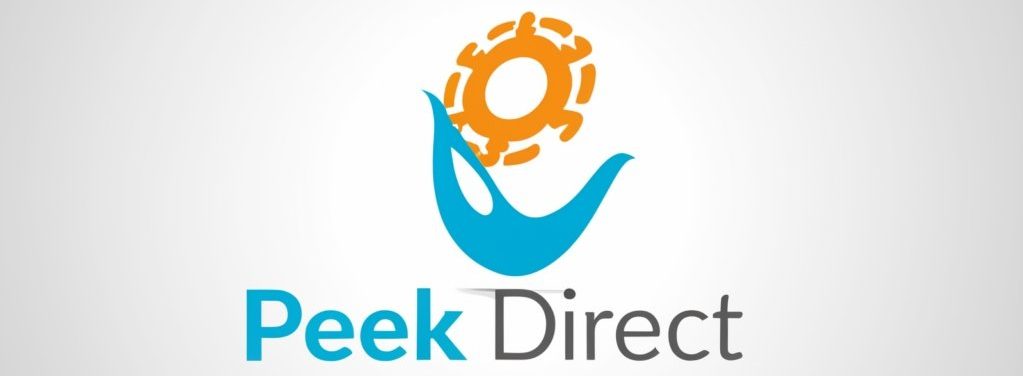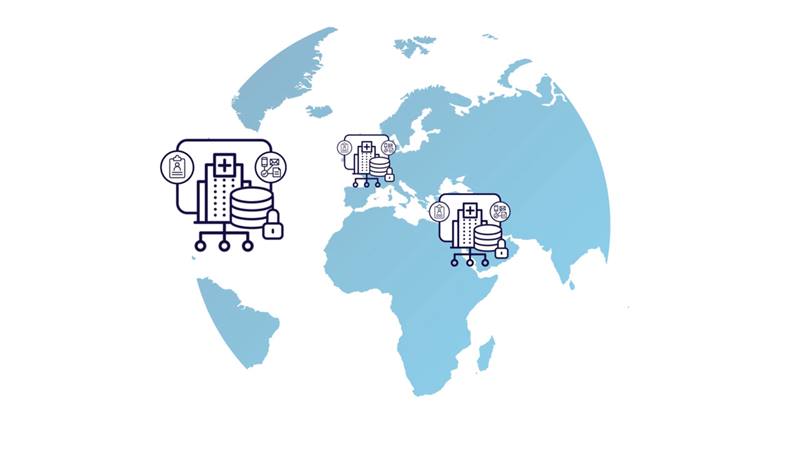Health monitoring has undergone a remarkable evolution, propelled by technological advancements and the increasing focus on proactive healthcare. This practice involves the continuous tracking and analysis of health-related metrics, offering individuals real-time insights into their well-being, enabling early detection of health issues, and facilitating personalized care. Let’s explore the significance, types, impact, and transformative role of health monitoring in shaping modern healthcare.
The Significance of Health Monitoring
Early Detection and Prevention:
Health monitoring enables early detection of health issues and allows for preventive measures before conditions escalate.
Empowerment and Self-Management:
It empowers individuals to take charge of their health, facilitating proactive self-management and lifestyle adjustments.
Personalized Health Insights:
Health monitoring provides personalized health insights, enabling tailored interventions and treatment plans.
Remote Patient Monitoring:
Facilitating remote monitoring for patients with chronic conditions, allowing healthcare providers to remotely track health metrics and intervene as needed.
Types of Health Monitoring
Wearable Devices:
Wearable technology such as fitness trackers, smartwatches, and health-monitoring wearables track metrics like heart rate, sleep patterns, activity levels, and more.
Mobile Apps and Health Trackers:
Mobile applications equipped with health monitoring features for tracking diet, exercise, medication adherence, and overall wellness.
Remote Monitoring Devices:
Specialized devices for remote patient monitoring, tracking vital signs, blood glucose levels, ECG readings, and more from a distance.
Telemedicine and Virtual Consultations:
Remote healthcare services using video consultations and telehealth platforms for monitoring and consultations with healthcare providers.
Impact and Benefits of Health Monitoring
Proactive Healthcare:
Empowering individuals to proactively manage their health, promoting preventive care and early interventions.
Data-Driven Insights:
Collecting and analyzing health data to generate actionable insights for personalized care and treatment.
Improved Patient Outcomes:
Enabling better health outcomes by facilitating timely interventions and adjustments based on real-time health metrics.
Remote Patient Care:
Enhancing access to healthcare services, especially for individuals in remote or underserved areas through remote monitoring and telemedicine.
Challenges and Future Trends in Health Monitoring
Data Security and Privacy:
Ensuring the security and privacy of health data collected from various devices and platforms.
Interoperability and Data Integration:
Improving interoperability between different health monitoring devices and platforms for seamless data integration.
AI and Predictive Analytics:
Leveraging AI and predictive analytics to generate more accurate health predictions and personalized recommendations.
Ethical Considerations:
Navigating ethical concerns related to data usage, consent, and the responsible application of health monitoring technologies.
Conclusion
Health monitoring stands as a transformative force in modern healthcare, revolutionizing how individuals engage with their health and how healthcare is delivered. By leveraging technology and data-driven insights, health monitoring empowers individuals, healthcare providers, and organizations to optimize health outcomes, detect issues early, and deliver personalized care. As technology continues to advance, the integration of health monitoring solutions into everyday life will play a pivotal role in promoting wellness, improving healthcare access, and transforming the patient experience, ultimately leading to a more proactive and personalized approach to health and well-being.

